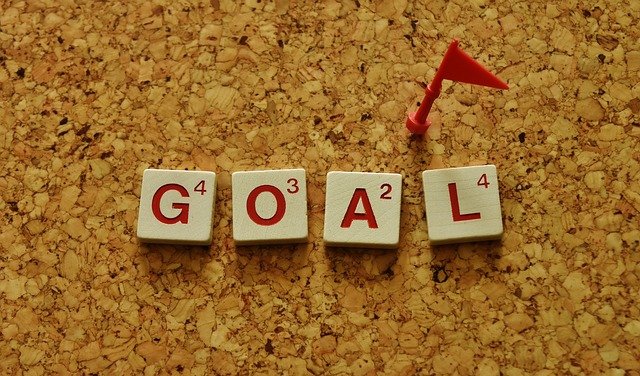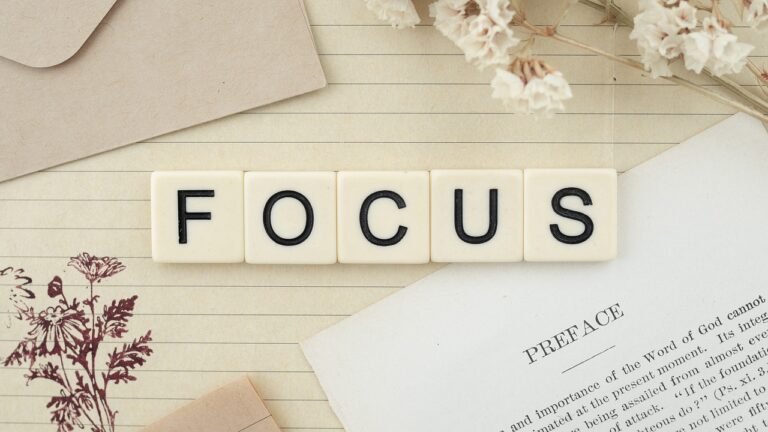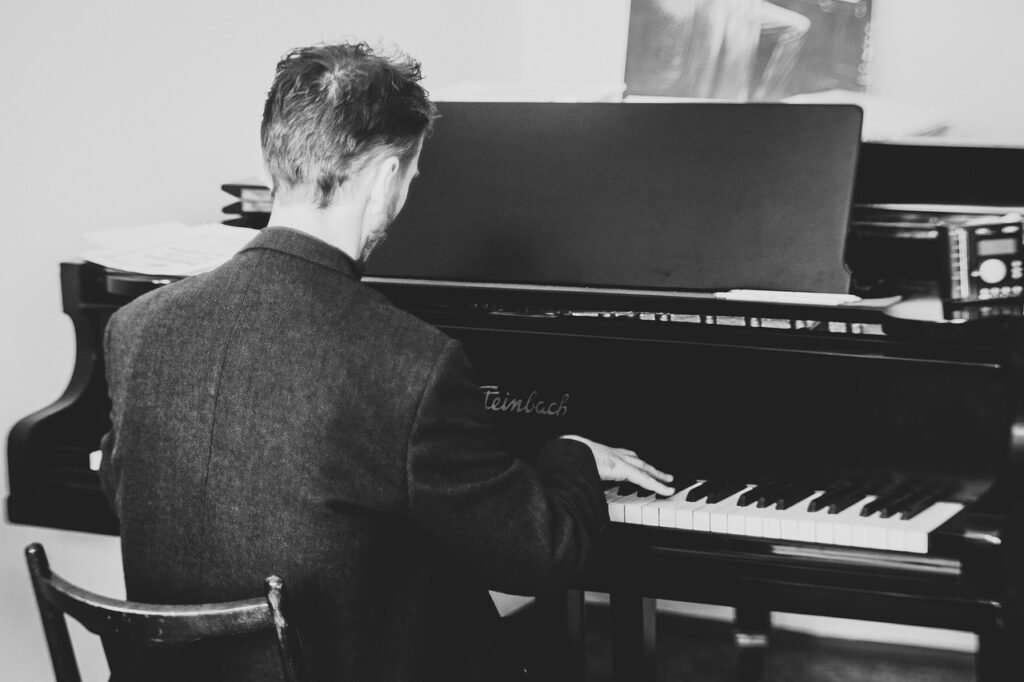Practicing an instrument isn’t just about putting in hours—it’s about making those hours count. Whether you’re a beginner or an advanced musician, learning how to practice efficiently can help you progress faster and enjoy the process more. Here are some tips to help you maximize your practice time.

1. Set Clear Goals
Before you even pick up your instrument, decide what you want to accomplish. Are you working on a tricky passage? Trying to improve your tone? Preparing for a performance? Setting specific goals helps you stay focused and measure your progress.
🎯 Tip: Write down your goal at the beginning of each practice session. Something like: “Today, I will improve my articulation on this fast passage.” Writing down your goals is a proven to make you more likely to achieve them.

2. Warm Up with Purpose
I don’t mean warming up like when you start to exercise, but jumping straight into difficult material can lead to tension and frustration. Start with a warm-up that includes long tones, scales, and technical exercises to prepare your fingers and embouchure.
🔥 Tip: Choose warm-ups that relate to your main focus for the day. If you’re working on fast runs, include scales and arpeggios in your warm-up, if you’re working on a slow solo section include long tones and focus on tone production.
🔥🔥Bonus tip: If you want more tips and tricks on how to warm up as a beginner watch my YouTube video on how to warm up!
3. Use Focused Practice Techniques
Instead of mindlessly repeating a piece from start to finish, break it into sections and work on the difficult spots first.
🔄 Try these methods:
- Slow Practice: Play tricky sections at a slower speed focusing on precision. Use a metronome and increase the tempo slowly as you start getting better at the passage.
- Chunking: Work on a few notes or measures at a time before adding more.
- Looping: Repeat a difficult measure until it feels easy.

4. Stay Engaged & Avoid Auto-Pilot
If you find yourself zoning out, change things up! Try playing a passage with different rhythms, articulations, or dynamics to keep your brain actively involved.
🧠 Tip: Record yourself and listen back—it’s a great way to catch things you might not notice while playing.

5. Take Breaks & Stay Mindful
Practicing for hours without breaks can lead to fatigue and bad habits. Short, focused sessions with breaks in between are far more effective.
⏳ Tip: Try the Pomodoro technique—25 minutes of focused practice, followed by a 5-minute break.

6. End on a Positive Note
Always finish your practice session with something you enjoy. Whether it’s playing a favorite piece or improvising for fun, this keeps your love for music strong. If your practice session has been rife with frustration pick something pleasant and easy to end on so that your practice session doesn’t end on a sour note.
🎶 Tip: Reflect on what went well during your practice to build confidence and motivation for the next session.
By practicing smarter, not just longer, you’ll see real progress and enjoy the process more. Try these strategies in your next session and see the difference!

